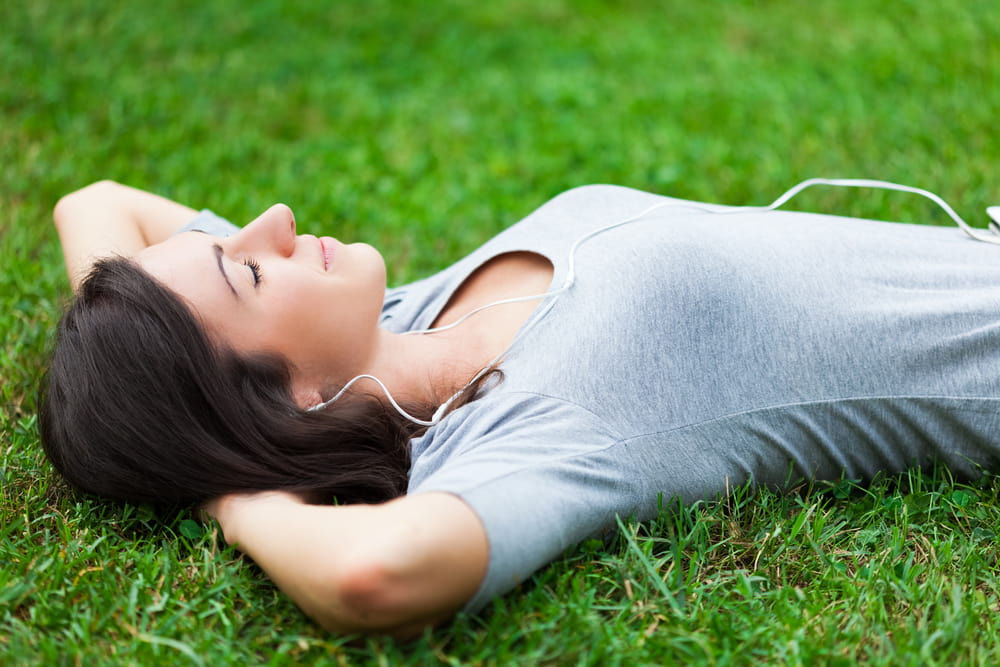Daily Life Skills to Stay Fit and Healthy


Daily Life Skills to Stay Fit and Healthy are simple habits like eating well, staying active, managing stress, and building routines that support long-term wellness. Ensuring physical and mental well-being is very important for each of us. In the hustle and bustle of daily life and challenges, we often forget to take care of ourselves. However, there are some simple skills to stay healthy that can make our lives easier and healthier. These skills are not just about making significant changes, but also help improve our quality of life through small habits.
In this article, we will shed light on some daily life skills that will help you live a fit and healthy life.
Research compiled by Health.gov shows exercise improves mood, boosts cognitive function, and reduces symptoms of depression and anxiety.
Skills needed in daily life to stay fit and healthy
Physical health
Proper diet


The first and most crucial step to physical well-being is to eat a balanced and healthy diet. It not only fuels the body but also helps to boost immunity, maintain proper functioning of organs, and keep the body refreshed overall.
Balanced diet: It is essential to have the right combination of these six elements – carbohydrates, proteins, fats, vitamins, minerals, and water. Carbohydrates and fats provide energy to the body, protein helps build and repair muscles, and vitamins and minerals boost the body’s immune system.
Staying hydrated: Drinking enough water every day is very important. It regulates body temperature, aids digestion, and flushes out harmful toxins from the body.
Natural foods: Avoid processed foods, excess sugar, and fast food. Instead, consume fresh fruits, vegetables, grains, and adequate protein to keep the body healthy.
Regular exercise


It increases blood circulation, reduces the risk of heart disease, and strengthens muscles and bones.
Cardio exercise: Exercises like jogging, cycling, swimming, or brisk walking increase heart function and strengthen the lungs.
Strength training: Exercises like push-ups, squats, or weight lifting are beneficial for strengthening muscles.
Flexibility and balance: Yoga or stretching keeps the body flexible and reduces the risk of injury.
It is ideal to exercise for at least 30 minutes every day. It removes the body’s laziness and keeps the mind fresh.
Adequate rest and sleep


Rest and sleep should never be neglected for physical well-being. When we sleep, the body compensates for it and repairs itself.
Importance of sleep: An adult needs 7-8 hours of deep sleep every day. Without adequate sleep, the body’s immunity decreases, memory weakens, and mental stress increases.
Rest: It is essential to take short breaks after working for a long time. This removes mental fatigue and increases performance.
Keeping the mind calm: It is better not to use a mobile phone or laptop before sleeping. Instead, reading a book or meditating calms the mind and helps you fall asleep quickly.
Mental health
Reducing stress


Stress or mental stress is a common problem in modern life. It is essential to adopt some strategies to control stress.
Meditation and mindfulness: Meditating for a few minutes every day calms the mind and increases attention. Mindfulness is paying full attention to the present moment, which helps reduce anxiety.
Deep breathing: When you feel stressed, take slow, deep breaths and exhale. This helps to calm the mind quickly.
Hobbies or hobbies: A favorite hobby (such as gardening, painting, listening to music) is very effective in reducing stress.
Digital detox
Excessive use of smartphones and social media hurts mental health. So it is necessary to stay away from digital devices sometimes.
Fixed time: Make a habit of not using a mobile or a laptop for certain times of the day. Turn off all types of digital devices an hour before going to bed.
Honest communication: Talk directly to family and friends outside the virtual world. This strengthens relationships and reduces loneliness.
Adequate socialization
Social relationships are essential for mental well-being. It protects people from loneliness and provides emotional support.
Spending time with friends and family: Talking to loved ones, going somewhere together, or just talking also refreshes the mind.
Meeting new people: Interacting with new people can broaden your experience and broaden your mental horizons.
Other daily life skills
Time management


The ability to use time properly makes our daily life easier and reduces stress.
Create a routine: By listing daily tasks, there is no fear of missing any task. It also reduces unnecessary haste.
Prioritize: Decide which task is the most important first. Doing complicated tasks at the beginning of the day gives you mental peace after completing them.
Interest in learning new things
Learning new things keeps the mind active and increases confidence.
Reading books: Make a habit of reading books regularly to learn new things or to feed your mind.
Taking courses: You can take online courses on any subject of your choice. This will help you improve your skills.
Healthy Social Skills
Positive Communication
Speaking politely, listening to others’ opinions carefully.
Speaking directly and clearly about problems.
Using sentences starting with “I”, such as “I feel” – this reduces misunderstandings.
Spending time with family
Spending some time with family every day brings mental peace.
Eating, chatting, or taking a walk together strengthens the bond.
Healthy relationships with friends
Spend more time with friends who give positive vibes.
Avoid toxic relationships, as they increase stress.
Checking in on each other by phone or having small chats occasionally can help maintain friendships.
Proper use of social media
Limit and purposeful use without overdoing it.
Stay away from negative posts or comparison mindsets.
Follow positive content.
Key takeway Daily Life Skills to Stay Fit and Healthy
Physical, mental, and social, these three things are essential for a healthy and balanced life. Each of the skills discussed in this article, be it regular exercise or digital detox, is very important for improving our overall well-being. Remember, being healthy is not a specific destination, but rather a continuous process. Only by practicing these small habits in daily life can we live a fulfilling and joyful life, because a healthy life is the key to a successful life.









